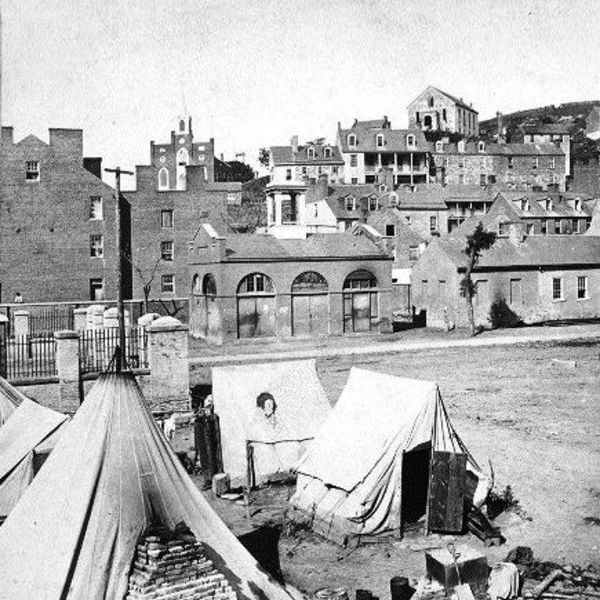Living outside Venezuela, I don’t experience the limitations that many local Venezuelans have to put up with.
With my family living there, these problems, although often in my head, don’t directly affect me.
However, when I go back to Maracaibo, a city in the northwest of Venezuela, the dilemma that Venezuelans face, previously foreign and abstract to me, becomes reality.
One of the many problems is that of electricity shortages.
Despite being the country with the largest oil reserves in the world, Venezuela is facing a despairing energy crisis.
Three-fourths of Venezuela’s energy is generated from hydroelectric plants on rivers.
The Guri dam, on the Caroni River, is responsible for producing about 60 percent of the total energy of the country. And the problem lies exactly here.
Because of the recent consequences created by El Niño phenomenon, Venezuela is now facing the worst drought in almost half a century, making it impossible to supply a great amount of its electricity.
Not only this, but the dam had issues with cavitation within the turbines a few years ago. Because the damaged turbines were never replaced, it is impossible to generate the same amount of power it once did even at maximum water level.
Without the fully operational dam, the government had to take extreme measures that brutally diminish the quality of living of the population.
President Nicolas Maduro presented a couple of ideas that could, according to his judgment, solve this problem.
The measures started back in February when it was ordered for shopping malls to reduce their energy usage to 7 hours a day, leaving stores with limited sales and non-functioning elevators and escalators for incapacitated individuals.
Not only this, but the working hours for public employees were also shortened to 5 and a half hours and Fridays were decreed as days off for all workers in order to reduce electricity consumption in the country.
As a response to this change, President Maduro simply added that Venezuelans would “have long weekends” in a cheery tone, as per usual, seemingly disregarding the fact that many rely upon having fully working days for survival due to the growing economic recession the country is deeply submerged in.
The government also ordered power outages in order to diminish electricity use in 20 out of the 24 states, leaving most parts of Caracas, the capital of the country, unaffected.
The rest of the states would be experiencing a daily energy cut for a bare minimum of 4 hours. Because of this, I can say that my 14-year-old brother often goes to school for only 5 hours when the energy is shut off as there’s no power to keep instructing the kids.
In the meantime, he also called for the people to pray for rain. Yes. I couldn’t possibly be making this up.
As a result of this, Venezuelans have been forced to live accounting for these power outages and surviving around them.
Through the interventionist tendencies of the highly corrupt Venezuelan government, the Venezuelan people are left to pay for its negligence and failure to resolve matters like these in an effective way, proving once again the futility of the "21st-century socialism."



















